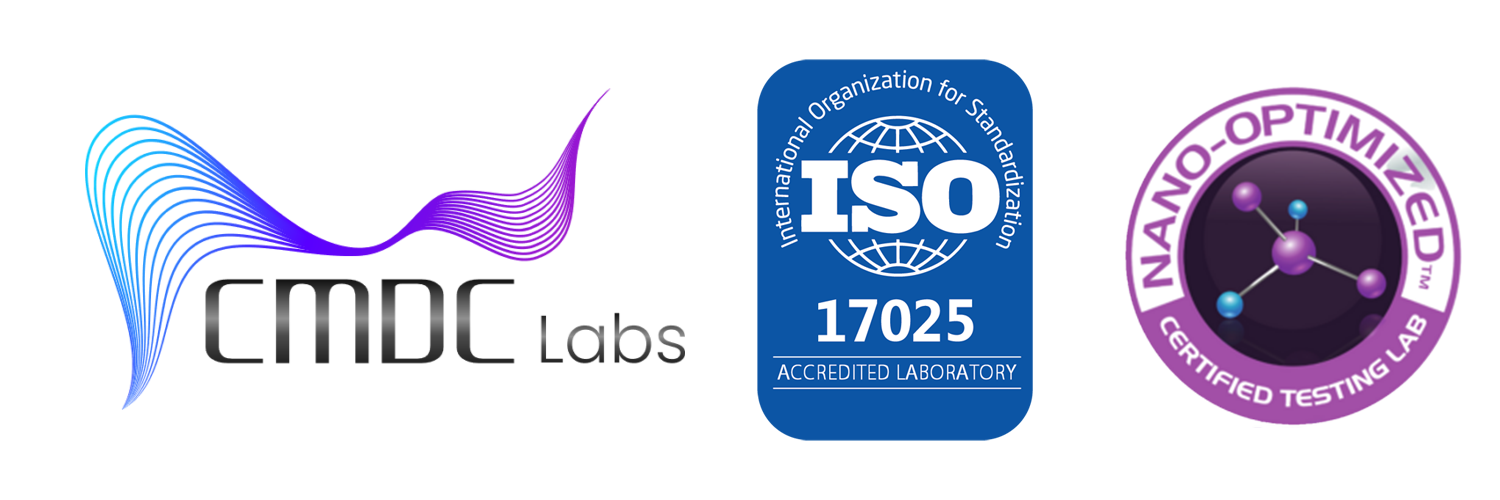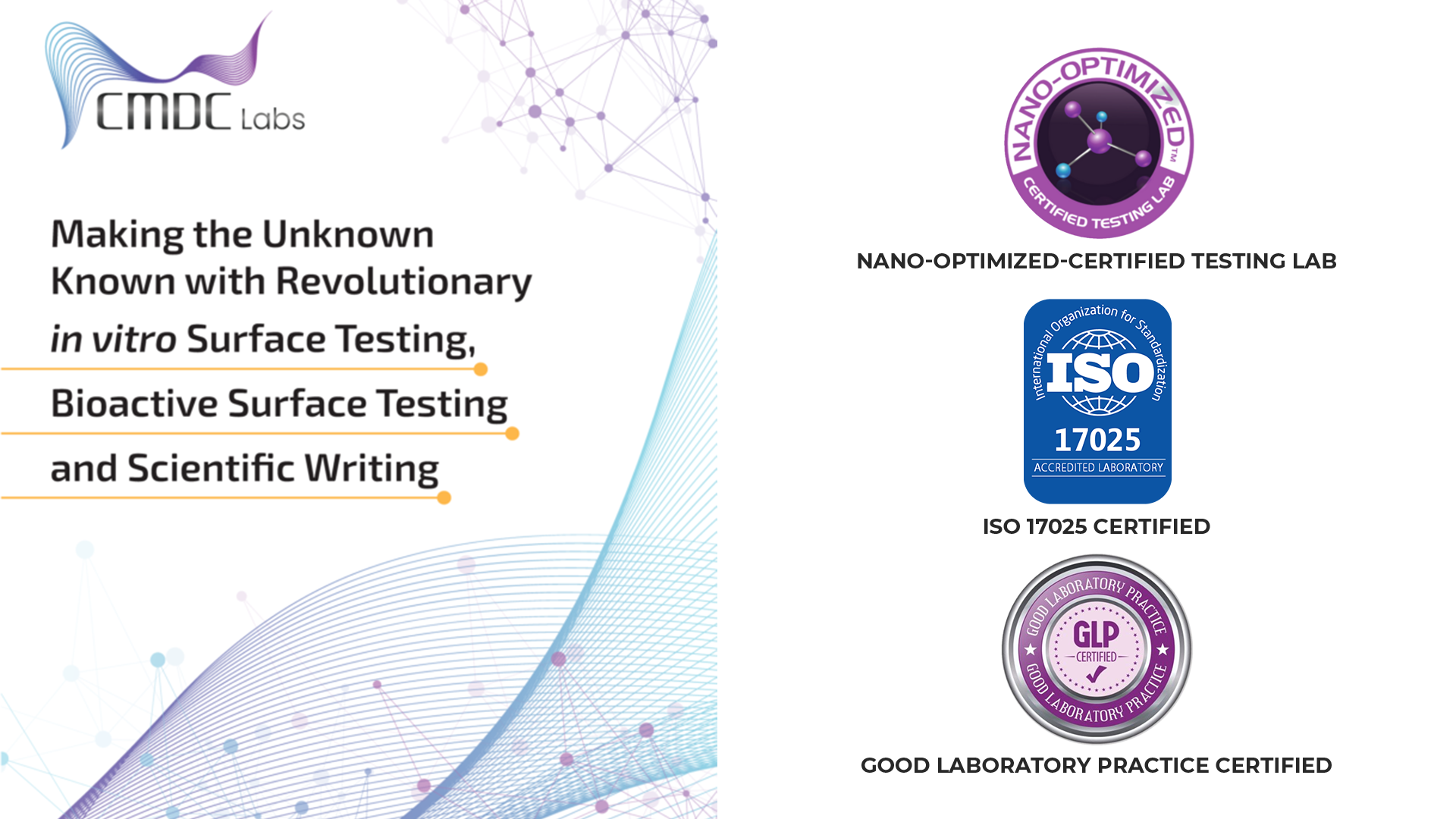Fermentation, a biological process that harnesses the power of microorganisms to produce various substances, is a cornerstone in numerous industrial applications. From the production of pharmaceuticals and biofuels to the creation of food and beverages, optimizing the fermentation process is paramount for enhancing efficiency, reducing costs, and ensuring product consistency. This article explores the critical role of fermentation optimization in industrial settings, its key principles, and the far-reaching impact it has on overall process efficiency.
Understanding Fermentation Optimization: At its core, fermentation is the metabolic process where microorganisms, typically bacteria, yeast, or fungi, convert substrates into valuable products such as chemicals, enzymes, or fuels. Fermentation optimization involves fine-tuning the various parameters of this process to achieve maximum output with minimal resources. The goal is to create an environment that fosters the growth and activity of the desired microorganisms while minimizing unwanted byproducts.
Key Parameters in Fermentation Optimization:
- Temperature Control: Maintaining an optimal temperature is crucial for the growth and activity of microorganisms. Temperature variations can impact reaction rates, product yields, and the overall success of the fermentation process.
- Nutrient Supply: Microorganisms require specific nutrients for growth and metabolite production. Fermentation optimization involves ensuring the right balance and availability of nutrients, promoting robust microbial activity.
- pH Regulation: The acidity or alkalinity of the fermentation environment, known as pH, plays a pivotal role. Microorganisms often have specific pH ranges for optimal performance, and precise control is essential for achieving desired outcomes.
- Aeration and Agitation: Adequate oxygen supply and proper mixing are vital for the success of aerobic fermentations. These factors influence oxygen transfer rates, microbial growth, and product formation.
Impact on Industrial Process Efficiency:
- Yield Improvement: Fermentation optimization enhances the yield of desired products, maximizing the efficiency of the entire production process. This is particularly crucial in industries where product output directly correlates with profitability.
- Resource Utilization: Efficient fermentation reduces resource consumption, including raw materials and energy. This not only lowers production costs but also aligns with sustainable and eco-friendly practices.
- Consistency and Quality: Fine-tuning fermentation parameters ensures batch-to-batch consistency, a key factor in maintaining product quality. Consistent products are essential, especially in industries such as pharmaceuticals and food, where quality standards are stringent.
- Reduced Processing Time: Optimization strategies can lead to shorter fermentation times, contributing to faster overall production cycles. This is advantageous in industries where rapid product turnover is a competitive advantage.
Technological Advances in Fermentation Optimization:
- Automated Monitoring and Control Systems: Advanced sensors and control systems enable real-time monitoring and adjustments, providing a level of precision and responsiveness that manual methods cannot match.
- Genetic Engineering: Harnessing genetic tools allows scientists to engineer microorganisms with enhanced fermentation capabilities. This approach opens doors to customizing organisms for specific industrial applications.
- Big Data and Machine Learning: Utilizing big data analytics and machine learning algorithms enables the analysis of vast datasets generated during fermentation. This data-driven approach enhances predictive modeling and optimization strategies.
Conclusion: Fermentation optimization stands as a linchpin in industrial processes, influencing the efficiency, cost-effectiveness, and sustainability of diverse applications. As technology continues to advance, the marriage of biological understanding and cutting-edge tools promises even greater strides in optimizing fermentation for industrial success.

